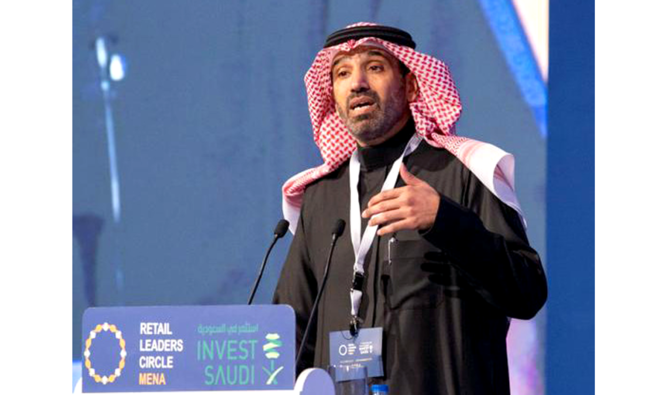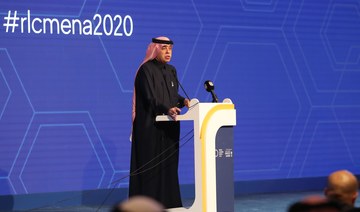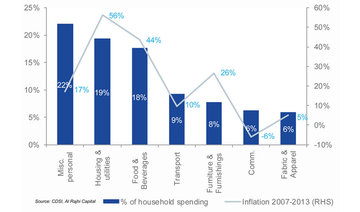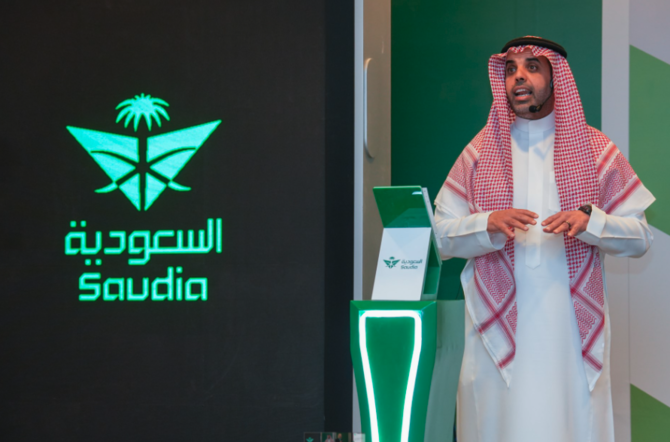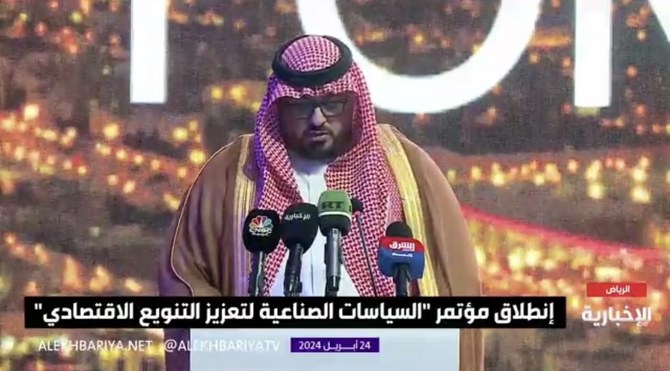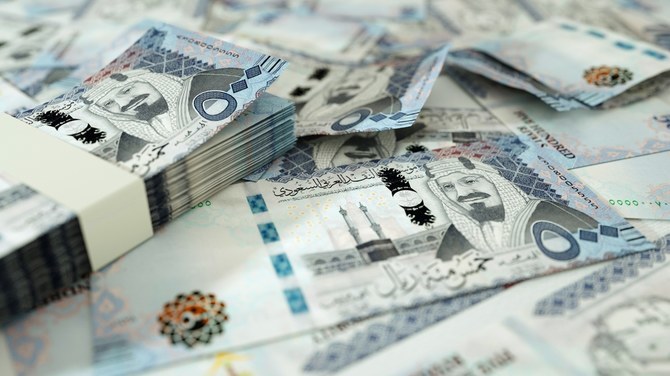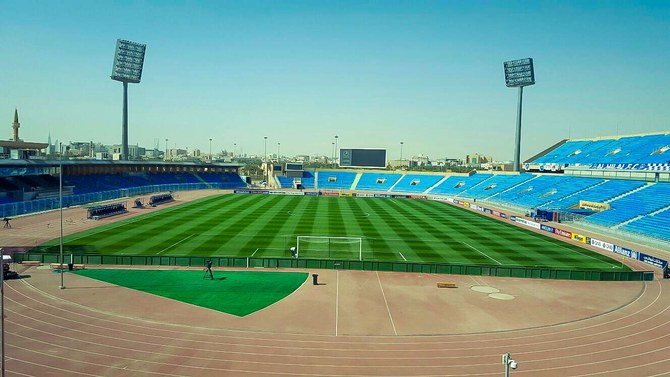RIYADH: Saudi Arabia was gearing up to meet the future challenges of the booming retail sector which currently employs more than 2 million people in the Kingdom, the country’s labor minister revealed on Tuesday.
Speaking at a major international conference of top retailers, being held in Riyadh, Saudi Minister of Labor and Social Development Ahmad Al-Rajhi said the number of people working in the sector represented a quarter of the total workforce in the country’s private sector.
In his opening keynote speech on the second day of the Retail Leaders Circle (RLC) MENA Summit, the minister said: “The Kingdom currently employs more than 2 million males and females in the retail sector, and they constitute more than 25 percent of the total workforce in the private sector in Saudi Arabia.
“This number of workers has been increasing due to the country’s strong purchasing power and growing consumption rate.”
He added that the Saudi government had given the retail sector considerable attention through numerous economic reforms aimed at supporting the sector and creating an environment that appealed to investors.
Al-Rajhi told delegates that the retail sector faced many challenges in the form of rapid technological advances, digital transformation, and the trend to optimize consumption and provide convenience to customers through e-commerce and smartphone apps.
However, the challenges also presented opportunities for the creation of new jobs, he said, and it was important that the workforce was reskilled or upskilled accordingly to take advantage.
“The ministry is working to develop the necessary legislation for new business patterns and to empower employers and employees to keep pace with technological changes which will be reflected in enabling the retail sector to keep pace with its future requirements to become more effective in achieving the aspirations of the Saudi Vision 2030,” Al-Rajhi added.
He noted that the ministry had established a new state-owned firm, the Future Work Co., to support the developments and make the Kingdom a pioneer in the manufacturing of innovative, unconventional, yet sustainable future business patterns.
“We are working on enabling and developing human capital with the skills and technological advances related to the retail sector to ease their participation in the labor market and have launched apprenticeship programs to bridge the gap between business owners and job seekers.”
The ministry supported the retail sector through a range of initiatives, he said. One example was Qiwa, which had involved the automation and simplification of ministry services provided to the private sector through a unified platform, allowing Qiwa enterprises to issue instant work visas.
Addressing the summit, the minister pointed out that one of the main principles of Vision 2030 was to increase the participation of women in the labor market and qualify them for leadership positions.
The share of women in the labor market had risen to 25 percent in the third quarter of 2019, which was higher than the target of 24 percent expected to be achieved by 2020, he added.
Speaking on the disruptive role of financial technology (fintech) in today’s instant, digital world, Ahmad Alanazi, chief executive officer of STC Pay, said: “In the past, we were innovation takers and adapters, but today we are becoming innovation creators and distributors.”
Praising Vision 2030, Renuka Jagtiani, chairperson of multinational consumer conglomerate Landmark Group, said: “I think 2030 as a vision is amazing and to be a part of it is very exciting.
“As a footprint, we are really proud that we have over 7,000 Saudi co-workers in our business, and 70 percent of them are women.”
Saudi Arabian General Investment Authority (SAGIA) Gov. Ibrahim Al-Omar, in his closing remarks to the summit, said: “Hosting RLC MENA 2020 comes at a time of great change for Saudi Arabia. Our growing economy is unlocking remarkable potential across many sectors and creating jobs within the Kingdom.”
The sixth edition of the summit, which unites powerful industry leaders, innovators and decision-makers to share global insights and best practice, was hosted for the first time in Saudi Arabia and concluded on Tuesday.
Previously held in Dubai, this year’s conference included more than 50 speakers who highlighted ways to shape the future of the retail industry. Day two of the summit took an in-depth look at consumer behavior and explored how retailers could meet customer expectations.



